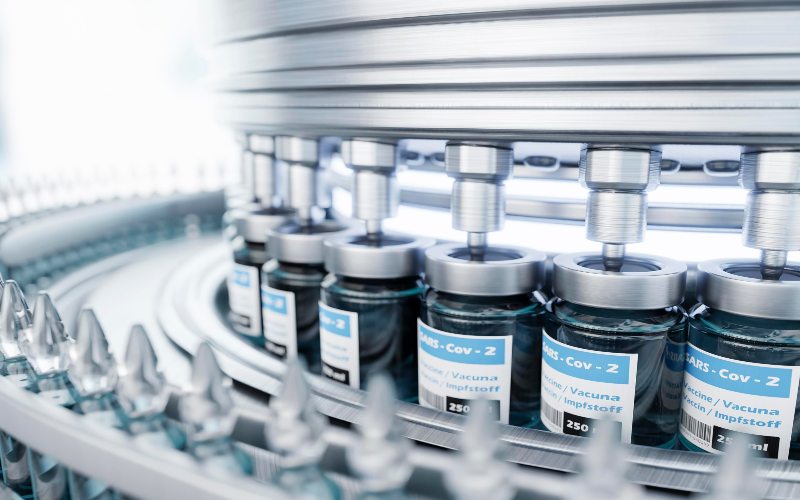African nations pledge to boost local manufacturing of medical products

John Munyu, chairperson of Kenya's Pharmacy and Poisons Board, said unlocking Africa's potential in health product manufacturing and trade is a continental priority.
African nations on Tuesday agreed to strengthen collaboration in medical product research, development, and regulation to boost local manufacturing and reduce dependence on imports.
The seventh biennial Scientific Conference on Medical Products Regulation in Africa (SCoMRA VII) was held in Kenya's coastal city of Mombasa, with delegates reflecting on the growing urgency to address vulnerabilities exposed by emergencies like the Ebola outbreak and COVID-19.
More To Read
- Kenya leads push for stronger regulation of medicines, vaccines in Africa
- KMPDC launches 2026 licence renewal for doctors, health facilities
- Pharmacy and Poisons Board flags falsified batch of Avastin (Bevacizumab 100 mg)
- Pharmacy board dismisses claims of medicine import ban, says drug supply uninterrupted
- Drug shortage fears mount as distributors push for reinstatement of 21,000 blocked medicines
- How Kenya's adoption of single-dose HPV vaccine could boost fight against cervical cancer
John Munyu, chairperson of Kenya's Pharmacy and Poisons Board, said unlocking Africa's potential in health product manufacturing and trade is a continental priority.
"Africa imports over 90 per cent of its medicines and produces less than one per cent of its vaccines. This is not just a statistic; it reflects our dependence and vulnerability, which the COVID-19 pandemic painfully exposed," he said.
"SCoMRA VII is not merely a conference; it is a strategic platform to make this vision real to catalyse local manufacturing, support intra-African trade under the Africa Continental Free Trade Area, and ensure that quality, safe, and effective medical products reach every African," he added.
African Medicines Agency (AMA)'s Director-General Delese Mimi Darko underscored the institution's commitment to supporting local pharmaceutical manufacturing across Africa.
Darko said increased regional production will improve access to safe, affordable, and high-quality medical products, while reducing dependence on imports.
Symerre Grey-Johnson, director of human capital and institutional development at the African Union Development Agency-New Partnership for Africa's Development, said Africa has made strategic moves to actualise medical product manufacturing through the establishment of the AMA.
Grey-Johnson noted that the establishment provides predictable regulatory functions and authoritative continental leadership, ensuring long-term sustainability for Africa's health future.
Top Stories Today













































